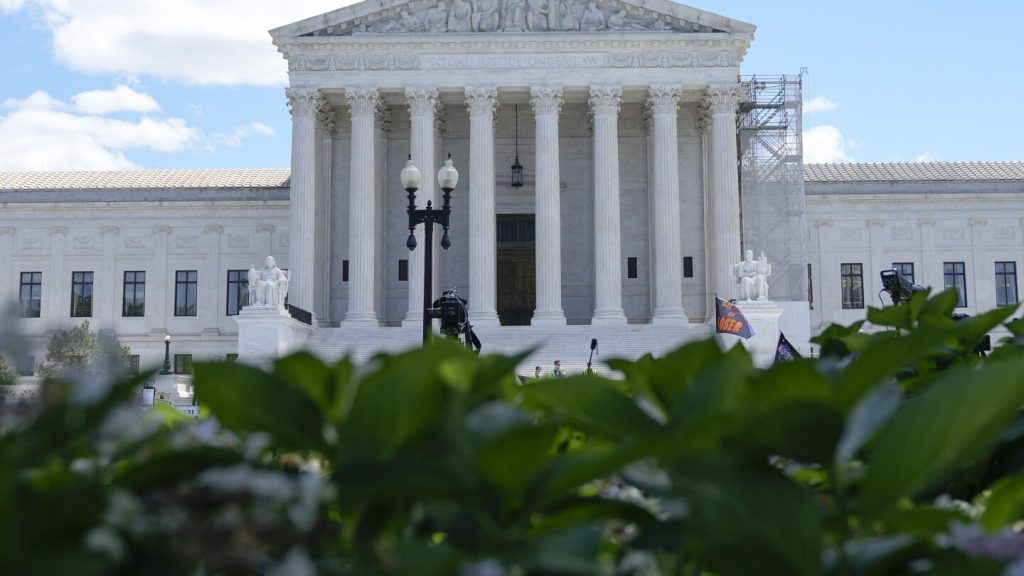The Supreme Court recently ended its term with a significant ruling that former presidents have broad immunity from prosecution. This decision is likely to delay Donald Trump’s trial on charges of election interference and may prevent a trial before the November election. The justices returned the case to U.S. District Judge Tanya Chutkan, who will preside over the trial and determine what is left of special counsel Jack Smith’s indictment of the former president. The ruling drew sharp dissent from the minority justices.
In another important ruling, the court unanimously decided that states cannot use the post-Civil War “insurrection clause” to prevent candidates for president and Congress from being on the ballot. This decision reversed a ruling by the Colorado Supreme Court, which found that Trump had intentionally incited the crowd that attacked the Capitol on Jan. 6, 2021. The justices also narrowed a federal obstruction charge that has been used against individuals involved in the Capitol assault.
The court also unanimously dismissed a legal challenge to the FDA’s approval of mifepristone, a medication used in abortion procedures. In addition, the court overturned a 40-year-old decision known as the Chevron doctrine, which required judges to defer to federal regulators when interpreting unclear statutes. The court ruled that judges should have the final say on the meaning of federal laws, rather than regulators.
Furthermore, the court upheld a law designed to protect victims of domestic violence by prohibiting individuals under restraining orders from possessing guns. The justices also supported a tax on foreign income and preserved a South Carolina congressional district that had been challenged for discriminating against Black voters. The court struck down a ban on bump stocks and upheld the funding structure of the Consumer Financial Protection Bureau.
In other rulings, the court allowed the National Rifle Association to sue a former New York state official for allegedly pressuring companies to blacklist the organization. The court rejected a nationwide settlement with OxyContin maker Purdue Pharma and paused the EPA’s air pollution-fighting plan. The justices also ruled that people facing civil fraud complaints from the Securities and Exchange Commission have the right to a jury trial in federal court.
The court threw out a lawsuit by Republican-led states that claimed federal officials unconstitutionally coerced social media platforms to take down controversial posts. The justices also kept on hold social media laws in Texas and Florida that would limit platform regulation of user content. Additionally, the court cleared the way for Idaho hospitals to provide emergency abortions and upheld the enforcement of bans on homeless people sleeping outside in public places in certain circumstances.


